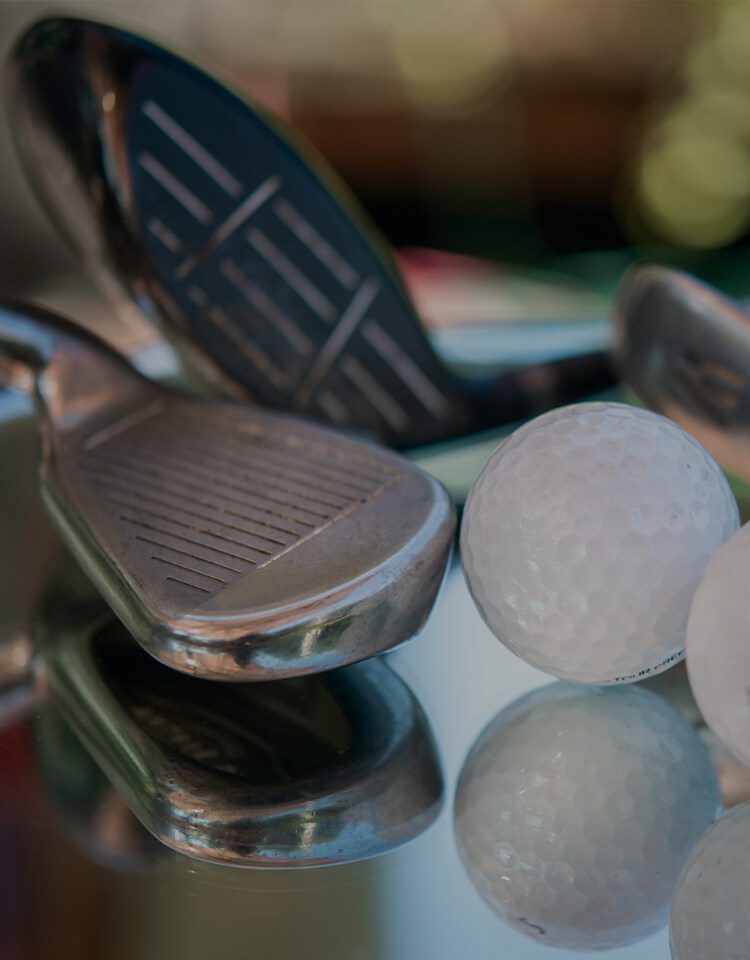Email cannot be empty
Password cannot be empty
Email format error
Email cannot be empty
Email already exists
6-20 characters(letters plus numbers only)
The password is inconsistent
Email format error
Email cannot be empty
Email does not exist
6-20 characters(letters plus numbers only)
The password is inconsistent

News

The Small yet Mighty Golf Tee: A Game Changer on the Green
Introduction
Have you ever considered the humble golf tee, and how such a tiny piece of technology can have a significant impact on a sport? If you've ever stepped onto a golf course, you've likely seen these small wooden pegs holding golf balls in place, but do you know their story? This article will take you through the fascinating world of the golf tee, exploring its history, design, and the role it plays in the game of golf.
I. The Origins of the Golf Tee
A. Early Beginnings
The concept of using a tee dates back to the 19th century. Golfers initially used mounds of sand or even natural unevenness in the ground to elevate the ball. However, the modern golf tee, as we know it, has evolved significantly from these rudimentary beginnings.
B. The Invention of the Wooden Tee
The first patent for a golf tee was granted to William Lowell in 1892, with his design being a simple, flat-topped wooden peg. This invention revolutionized the game by providing a standardized and portable solution for tees.
II. The Evolution of Golf Tees
A. From Wood to Plastic
The wooden tee dominated the golf course for decades until the introduction of plastic tees in the 1950s. These new tees were more durable, cost-effective, and environmentally friendly, as they could be used multiple times.
B. Modern Materials and Designs
Today, golf tees are made from a variety of materials, including biodegradable plastics, which are not only durable but also eco-friendly. Designs have also become more intricate, with some tees featuring team or event logos.
III. The Science Behind the Golf Tee
A. Aerodynamics and Ball Flight
The golf tee plays a crucial role in the aerodynamics of a golf shot. By elevating the ball, it allows for a cleaner strike and can influence the trajectory and distance of the ball flight.
C. The Role of Tee Height
The height at which the ball is teed can significantly affect the outcome of a golf shot. Golfers must consider factors such as club type, wind conditions, and personal swing characteristics when deciding the optimal tee height.
IV. Types of Golf Tees
A. Traditional Wooden Tees
Despite the advent of plastic and other materials, wooden tees still hold a place in the game. Many golfers appreciate their traditional feel and the nostalgia they evoke.
B. Plastic Tees
Plastic tees are the most common type found on golf courses today. They come in various shapes and sizes, with some designed for specific types of shots or clubs.
C. Premium Tees
For the discerning golfer, premium tees offer enhanced performance features. These may include more durable materials, unique designs, or even tees with built-in distance markers.
V. The Golf Tee in the Game
A. Teeing Off: The First Shot
The golf tee is central to the very first stroke of each hole. It sets the stage for the golfer's strategy and can influence the success of the entire hole.
B. Psychological Impact
For many golfers, the ritual of teeing up the ball is a moment of focus and preparation. It's a chance to gather thoughts and plan the upcoming shot, which can have a significant psychological impact on performance.
VI. Environmental Considerations
A. The Disposable Dilemma
With millions of golf tees used worldwide, there is an environmental impact to consider. Disposable tees, particularly non-biodegradable ones, can contribute to waste and pollution.
B. Eco-Friendly Alternatives
To mitigate this, many golfers and courses are turning to eco-friendly alternatives, such as reusable tees, biodegradable materials, or even returning to the traditional sand tee method.
VII. The Future of Golf Tees
A. Innovations in Material Science
As material science advances, we can expect to see even more durable and environmentally friendly golf tees. Innovations may include self-cleaning surfaces or tees that adapt to different weather conditions.
B. Technological Integration
The integration of technology into golf tees is another area of potential growth. Smart tees that provide feedback on ball position or even help with alignment are possibilities on the horizon.
VIII. Conclusion
The golf tee, though small, plays a significant role in the game of golf. From its humble beginnings to the high-tech tees of today, it has evolved to meet the needs of golfers while also addressing environmental concerns. As the game continues to grow and change, so too will the golf tee, ensuring that it remains an essential part of the golfing experience.
So, the next time you step onto the tee box, take a moment to appreciate the small yet mighty golf tee. Consider the history, technology, and even the environmental impact of this tiny piece of equipment that plays such a big role in your game.

